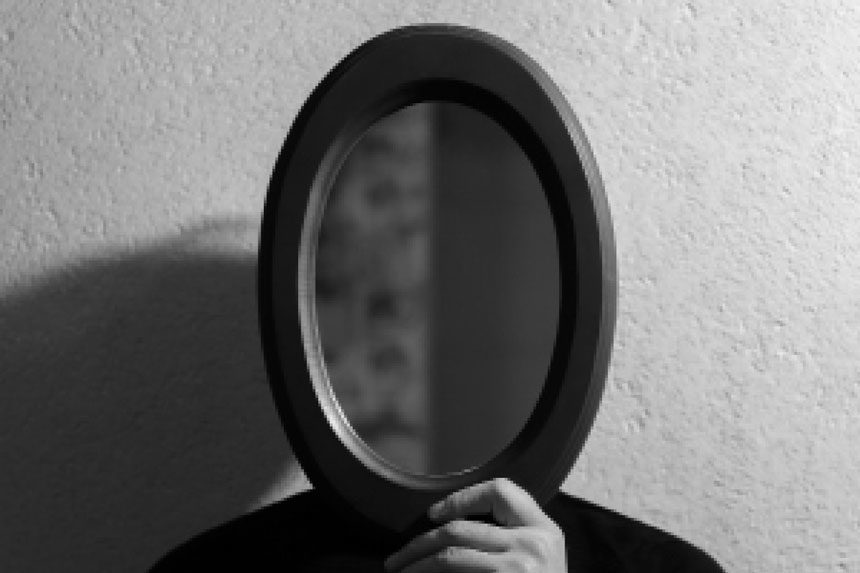Some 60 years ago there was a very popular exhibit at New York’s Bronx Zoo. A line of spectators waited patiently to peer into a cage that was labeled “THE WORLD’S MOST DANGEROUS ANIMAL.” Behind the cage’s bars there was a mirror.
I recently remembered peering into that cage when I was contemplating the “black mirror” that most of us carry with us all the time these days — the screens of our smartphones. It seems as though every day we learn that the ills of mankind can be traced to the internet and the easy access everyone now has to reach everyone else online with fake news, health misinformation, or unattainable body images. It’s as if everything from the death of democracy to teenage depression is the result of our obsession with our phones.
At the same time that our media Cassandras, whose books and articles and interviews (all of which, of course, reach most people online) denounce the new technology, somehow the same internet that’s “destroying decency” around the corner is also spreading progress and liberty somewhere else in the world.
The front page of The New York Times Business section earlier this year reflects that dilemma. Next to an article about former president Obama “warning that the scourge of falsehoods online has eroded the foundations of democracy at home and abroad” is a profile of a former corporate manager whose online videos about difficult, inhumane working conditions has made her an internet star. “Social media not only gives workers a platform to vent and connect with one another, it empowers rank-and-file workers … to become labor leaders in the post-pandemic workplace,” the Times enthused.
The problem, of course, is not the internet. It’s that animal in the mirror. A thousand years ago, books were the great innovation that enabled information to spread across the world just as the internet does today. And as soon as the first presses started to print those books, many of those running them were being burned at the stake for daring to give knowledge to too many of the “wrong” people.
That animal in the mirror has the power to extend life and health for decades beyond what our ancestors enjoyed just a few hundred years ago. And that same animal transformed its weapons of pain and fear and killing from clubs and spears to drone missiles and thermonuclear bombs.
So maybe we should step back from instinctively casting blame and calling for investigation of the easiest, most immediate targets. (I remember Congressional investigations into comic books for “causing” juvenile delinquency.) Maybe we should really take a good, long look at that animal in the mirror and remember what one of the most profound of that species wrote years ago about whether our actions are predetermined by powers outside our control:
“The fault … is not in our stars but in ourselves.”
Or, as another profound writer noted, “The proper study of mankind, is man.”
This article is featured in the November/December 2022 issue of The Saturday Evening Post. Subscribe to the magazine for more art, inspiring stories, fiction, humor, and features from our archives.
Become a Saturday Evening Post member and enjoy unlimited access. Subscribe now




Comments
But the real question is why we were made was it because we needed to control all the animals or is it because god wanted another type of animal that can manage the world